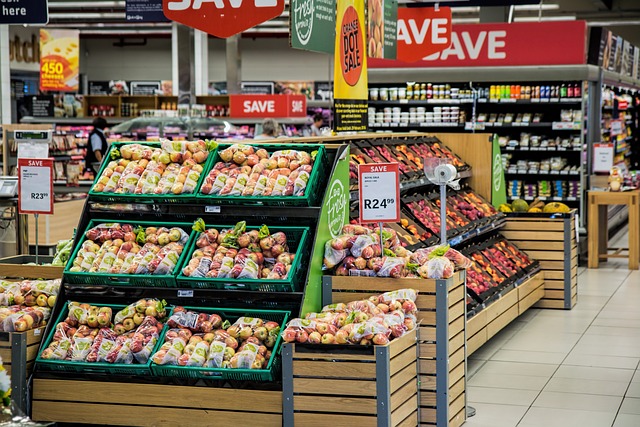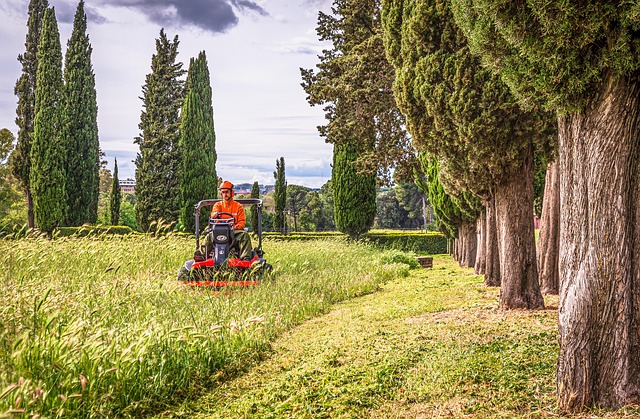To plan engaging events for local businesses, start by understanding your community's unique needs and preferences through surveys, workshops, or conversations with residents, business owners, and leaders. Recognize seasonal trends and local attractions to align events with timely relevance. Tailor event offerings based on demographics and interests, using software and social media to gather insights. Research popular event types in the area to foster engagement, inform resource allocation, marketing, sponsorship, and volunteer recruitment for successful community events.
“Unleash the power of community events to boost local business engagement! This comprehensive guide unveils the secrets to organizing stress-free, engaging gatherings that captivate your target audience. From understanding community needs—identifying interests, researching trends, and collaborating with leaders—to implementing effective planning strategies and streamlining logistics, we equip local businesses with the tools to create memorable events. Elevate your marketing game and foster a thriving community through successful event planning.”
- Understanding Your Community's Needs
- – Identifying the target audience and their interests
- – Researching local trends and popular event types
Understanding Your Community's Needs

Before diving into event planning, it’s crucial to understand your community’s unique needs and preferences. Event planning for local businesses isn’t one-size-fits-all; each community has its own rhythm and pulse. Through surveys, workshops, or even informal conversations with residents, business owners, and local leaders, you can gain insights into what matters most to them. Are they looking for family-friendly events that foster a sense of belonging? Or perhaps cultural festivals celebrating the diversity within their midst? Understanding these needs will help tailor events that resonate deeply with attendees, fostering a stronger, more connected community.
This process also involves recognizing seasonal trends and local attractions. For instance, an outdoor concert series might align perfectly with warmer months, while a holiday market could capitalize on festive seasons. Leveraging these factors not only attracts larger crowds but also ensures events are timely and relevant to the community’s calendar. By embracing these nuances, event planners can create memorable experiences that leave a lasting positive impact on both the businesses involved and the residents they represent.
– Identifying the target audience and their interests

When planning community events for local businesses, understanding your target audience is paramount. It’s about more than just gathering people together; it’s about engaging those who are genuinely interested in what your business offers. Start by identifying demographics like age groups, genders, and local interests. Consider what draws them to similar events and tailor your offerings accordingly. For instance, a young professional crowd might be enticed by a networking event with interactive workshops, while families may prefer community festivals featuring children’s activities and live music.
Event planning software and social media can provide valuable insights into potential attendees’ preferences. Local businesses can leverage these tools to gauge interest in specific themes or formats, ensuring that the events resonate with the desired audience. By matching your event concept to the interests of your local community, you foster a sense of belonging and create memorable experiences, ultimately strengthening connections between businesses and their customers within the neighborhood.
– Researching local trends and popular event types

Before planning any community events, it’s crucial to understand local trends and popular event types. This step is essential for Event Planning for Local Businesses as it helps in tailoring events that resonate with the community. Researching allows organizers to identify what type of gatherings draw the most participation, whether it’s cultural festivals, sports tournaments, or educational workshops. By aligning events with current interests, businesses can foster a sense of belonging and engagement within their community.
This knowledge also aids in resource allocation and marketing efforts. Understanding local preferences enables organizers to secure relevant sponsors, partners, and volunteers more easily. Moreover, it simplifies promotional strategies by highlighting the relevance and appeal of the event to potential attendees. Effective research thus ensures that community events are not just organized but also successfully attract and delight participants.
Organizing community events that resonate with your local audience is a powerful way for businesses to engage customers and foster a sense of belonging. By understanding your community’s unique needs and preferences, as highlighted in this guide on event planning for local businesses, you can create memorable experiences that bring people together. Through targeted promotion and thoughtful execution, these events not only strengthen business-community relationships but also contribute to the vibrant tapestry of local culture.














